2025
On April 15, 2025, Rieter celebrates its 230th anniversary.
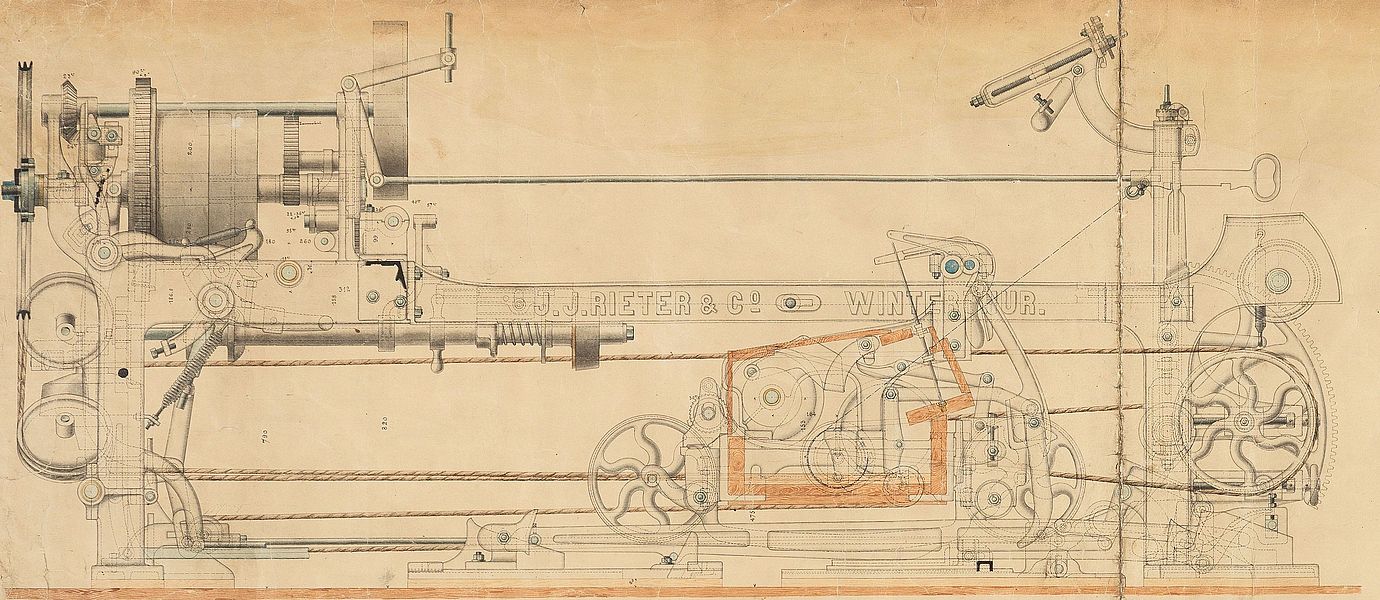

On April 15, 2025, Rieter celebrates its 230th anniversary.

The Rieter Board of Directors appoints Thomas Oetterli as CEO.
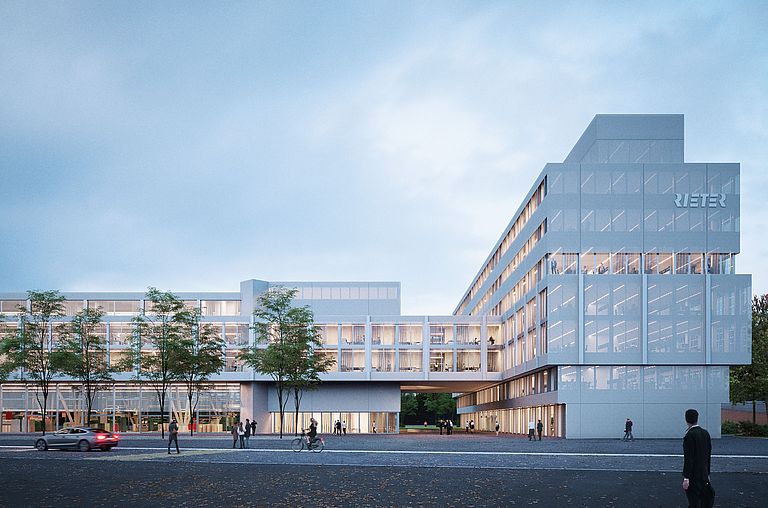
The foundation stone was laid for the Rieter Campus at the Winterthur location, which includes a customer and technology center as well as an administration building. The Rieter Campus will make an important contribution to the implementation of the innovation strategy and to the enhancement of the company’s technology leadership position.

The acquisition of two component businesses: Accotex, the world’s leading supplier in elastomer components for the textile industry based in Muenster, Germany and Temco, the leading supplier of components for the production of filament yarns and synthetic fibers based in Hammelburg, Germany. Accotex and Temco are part of the Components Division.

Acquisition of SSM Textile Machinery, the world’s leading supplier of precision winding machines in the fields of dyeing, weaving and sewing thread preparation, based in Horgen (Switzerland). SSM is part of the Components Division.
The Rieter Board of Directors appoints Norbert Klapper as CEO. After four years as Executive Chairman, Erwin Stoller returns to the position of Chairman of the Board.
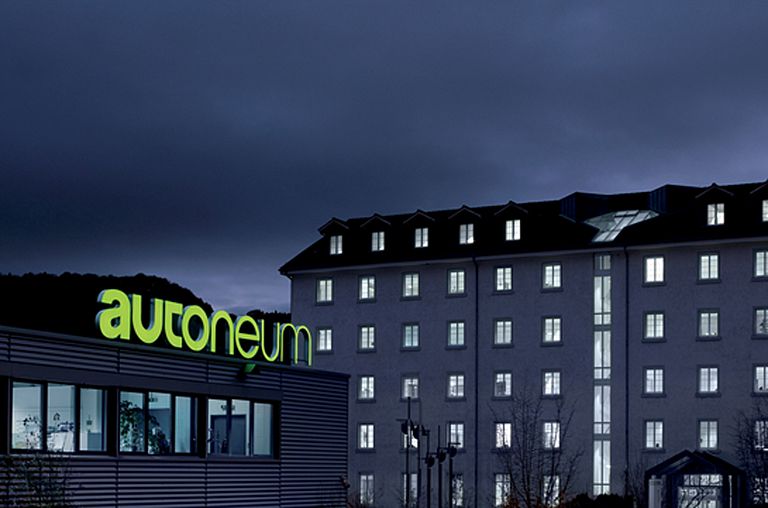
The Annual General Meeting sets a historic new course: Rieter shareholders approve the proposal of the Board of Directors to split up the Rieter Group and continue the two Divisions Textile Systems and Automotive Systems as independent, separately listed companies. The automotive supply business is traded on the SIX Swiss Exchange under the name Autoneum.
At the Annual General Meeting, Rieter shareholders elect Michael Pieper, This E. Schneider, Hans-Peter Schwald and Peter Spuhler as new members of the Board of Directors. The Board appoints CEO Erwin Stoller as Executive Chairman in the same year. As a result, the Board of Directors assumes greater operational responsibility and shortens decision-making processes. The CEO function is dispensed with.

Acquisition of Graf + Cie AG, the world’s leading supplier of wire clothings and combs for carding and combing machines, based in Rapperswil (Switzerland). Graf is part of the Components Division.
Rieter founds Rieter China, based in Changzhou. The new organization comprises Rieter Textile Systems (Shanghai) Ltd., Rieter (China) Textile Instruments Co. Ltd., Rieter Asia (Hong Kong) Ltd. and Rieter Asia (Taiwan) Ltd.

Acquisition of Spindelfabrik Suessen GmbH, the world’s leading supplier of spinning systems and components, based in Suessen (Germany). Suessen is part of the Components Division.

Acquisition of Novibra Boskovice s.r.o., the world’s leading supplier of high-performance spindles based in Boskovice (Czech Republic). Novibra is part of the Components Division.

Acquisition of Wilhelm Stahlecker GmbH (WST): The company, based in Suessen (Germany), is specialized in research and design of crucial components used in spinning machines. WST is part of the Components Division.
Founding of Rieter South America Ltd. in Sao Paulo, Brazil.

Acquisition of Bräcker AG, the world’s leading supplier of rings and travellers for ring spinning machines, based in Pfäffikon (Switzerland). Bräcker is part of the Components Division.
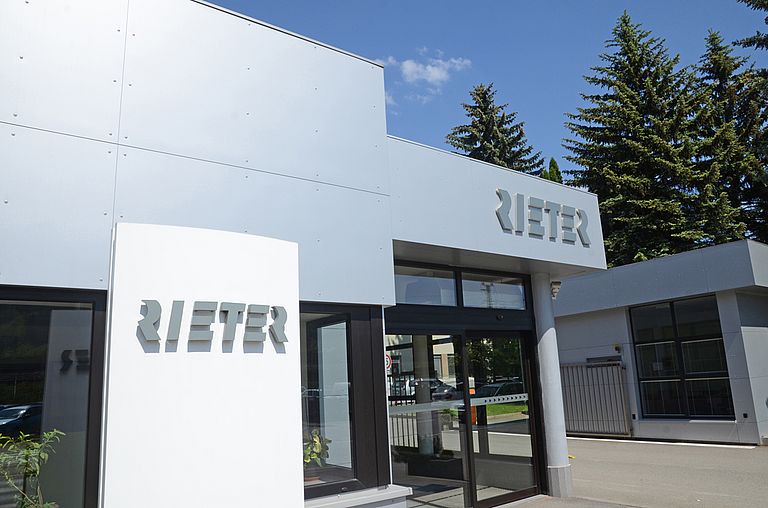
Acquisition of Elitex (e.g. rotor spinning machines and components) of Ústí nad Orlicí (Czech Republic). In 2001, Rieter Elitex becomes Rieter CZ a.s.; in 2009, the subsidiary receives its current name: Rieter CZ s.r.o.
Acquisition of Schubert & Salzer GmbH (rotor spinning machines) of Ingolstadt (Germany); five years later, the company is renamed Rieter Ingolstadt Spinnereimaschinenbau AG. Since 2008, it has operated under the name Rieter Ingolstadt GmbH.
Founding of Rieter Asia (Taiwan) Ltd.; the subsidiary is based in Taipei, China.
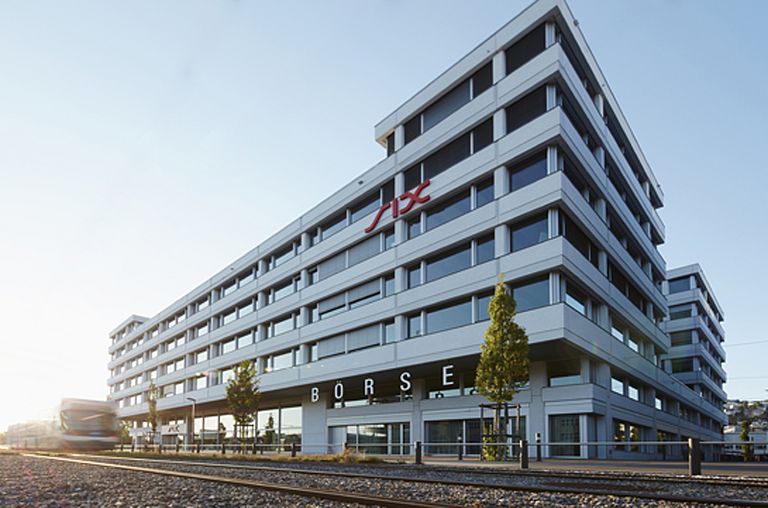
Founding of Rieter Holding Ltd. and listing on the Zurich Stock Exchange.
Acquisition of Unikeller AG (Switzerland), manufacturer of noise and heat protection components for the automotive industry. With this acquisition, Rieter enters the automotive supply business. This also marks the start of the dual strategy.
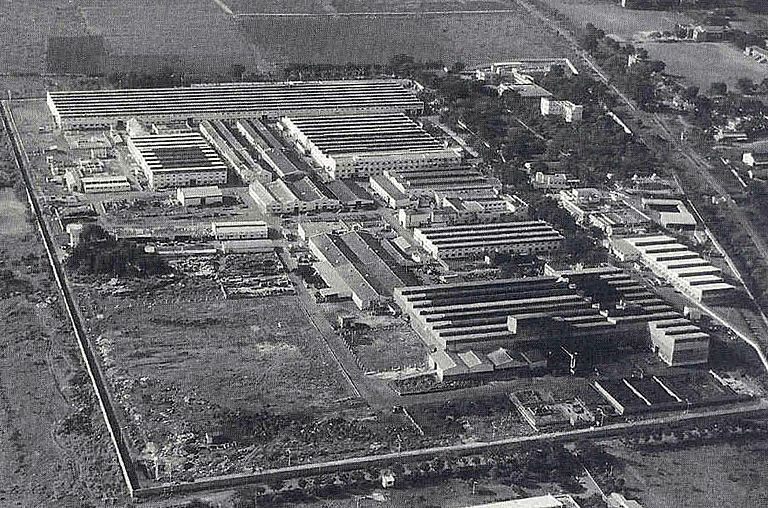
Founding of a plant in Coimbatore (India); in 1995, Rieter establishes the subsidiary Rieter India Pvt. Ltd. based in Wing.
Founding of American Rieter Company (later Rieter America LLC) in Arlington (USA); in 1954, the company relocates to Spartanburg/South Carolina, where the Rieter subsidiary is based.
Entry into the synthetic fiber sector.
Rieter focuses on spinning machine construction.
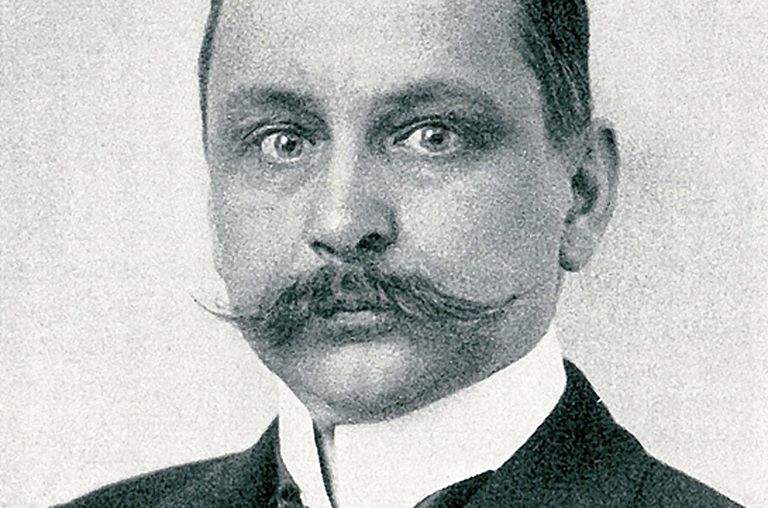
Benno Rieter (1870–1925), the last representative of the Rieter family in management.
Rieter becomes a stock corporation.
Rieter is the first Swiss industrial company to build a workers’ settlement and two years later relocates the machine workshops to the former Dominican convent Töss, which Rieter acquired in 1833.
Heinrich Rieter (1814–1889), grandson of Johann Jacob and later Colonel and Council of States, takes over the business.
Rieter diversifies from spinning machine manufacturing into various areas such as transmissions, turbines, machine tools, generators, motors, tracks, trams, rifles, bridges, looms, embroidery machines, doubling and winding machines.
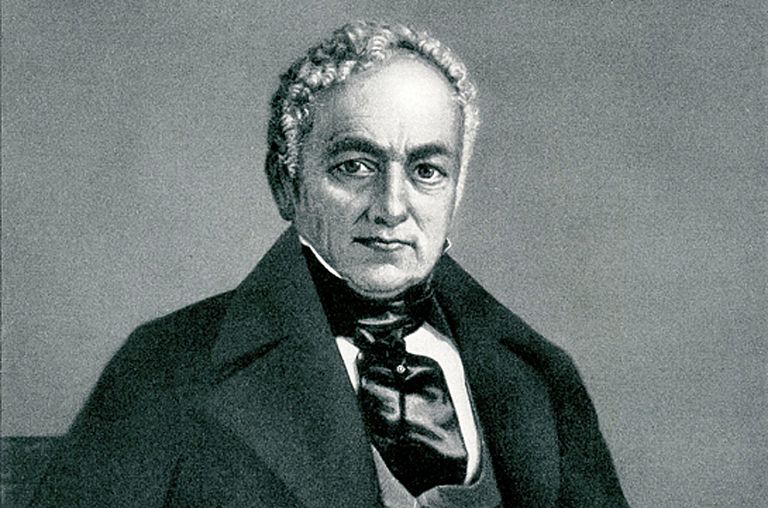
Transition from trading to production company, investments in and creation of own spinning mills. Heinrich Rieter (1788–1851), son of the founder, joins the company in 1809.
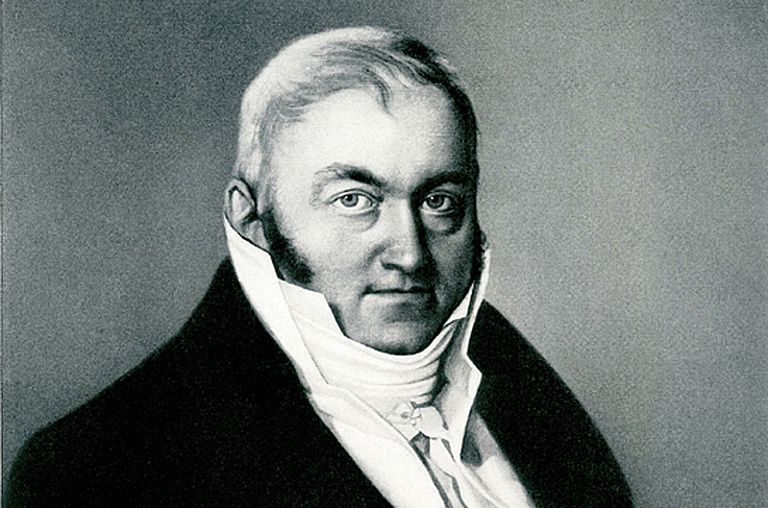
Johann Jacob Rieter (1762–1826) opens his first trading business in Winterthur with exotic spices and cotton. The foundation for the future company has been laid.